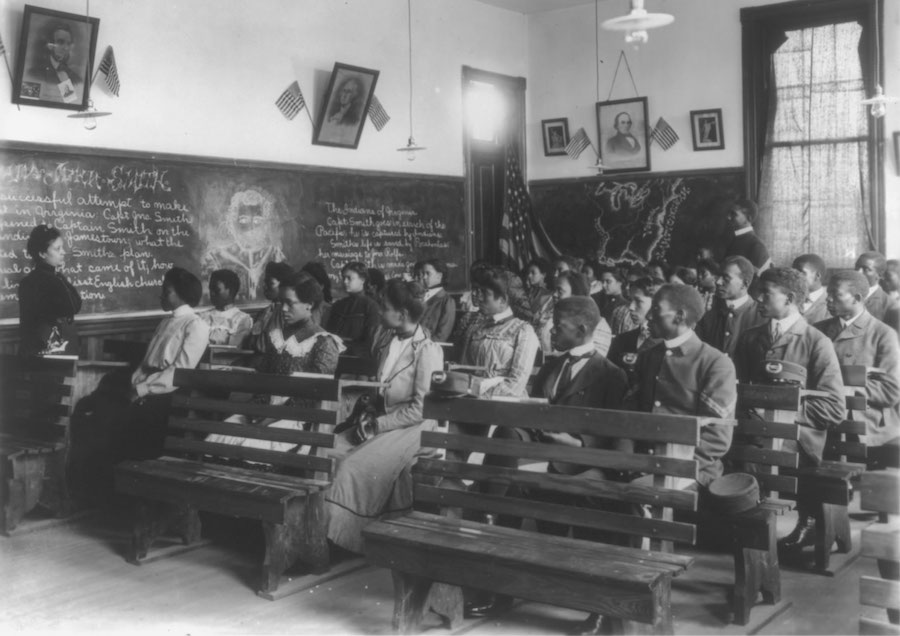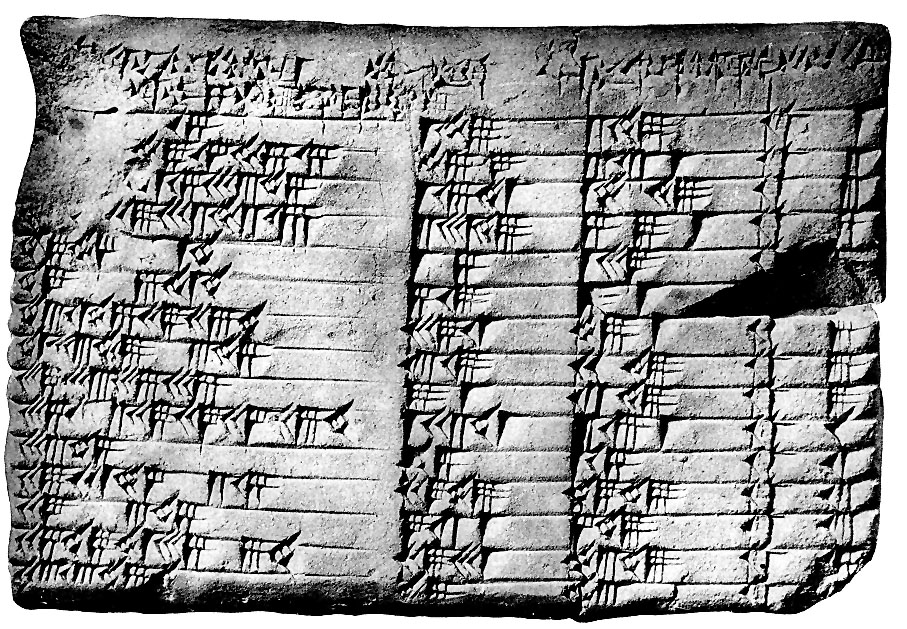Pedagogical Ideas

I would love to write about all of my pedagogical ideas but, as Fermat said about his last theorem, “there isn’t enough room [on this website]”. For now, I’ll share three practices that I would like to make a habit of using in my teaching.
- Students should have choices – whether this is a choice in what they are learning, the format of their learning, or how they demonstrate what they have learned, I believe the secret to student interest is student choice. I understand the practical challenges of offering choice within many classrooms, but whenever possible, the benefit is worth the effort.
- Students should create useful products – notes taken in class should support homework. Homework should support bigger projects. Whenever possible, I hope to have students learning for the purpose of teaching each other as well as themselves.
- Students should contribute to a community – in some ways, this is an extension of the second principle. As students are creating useful products from their labor, I hope to encourage them to feel as though they are contributing to a community of learning within the classroom and one that extends beyond to students in other classes or students who will be in their place in the future.
One unit I dream about creating and potentially finding a grant to fund is a research project that combines all three principles. Students would choose a topic, find a book to read, and produce some type of report on what they learned. These reports would remain, paired with their source material in my classroom. Students in subsequent years could choose to acquire a new book to add or follow in the footsteps of an older student and use an existing book in the collection.
Why Study History?

This fall, my advisor at Tufts asked his students to answer the common question: “Why do we have to take this stuff? Why do we have to learn about all these dead guys (and women)? Who cares?” Here is my answer, written as if I were addressing my students.
By most estimates, 110 billion people have been alive. They’ve done a LOT of stuff. No one cares about everything that’s ever happened or is happening.
On the other hand, no one cares about nothing. Even the most nihilistic (someone who believes life is meaningless) person cares about something. Maybe it’s what their parents were like before they were born or how black clothing got to be cool.
So, we can agree that some things, but not all things are worth caring about.
History, as we do it in our class, is the study of things that have happened which are important to you.
They can be important for any number of reasons. Maybe they teach you something you didn’t know about yourself. Or help you discover something about how you and your family got to where you are today. Or they inspire you. Or help you connect better with a friend. Or you might just think something is cool. Any of those are good reasons to know something about the past.
If you think what you’re studying in history isn’t important, that means that either you’re studying the wrong things or you haven’t figured out how they are important to you yet. Sometimes it can take days or even years before you realize how something you learned applies to your life.
In our history class you’ll have a lot of freedom to choose what you want to study. The rest of the time, when we study something as a class, you can be sure that I tried my best to pick something which I think will be important and interesting.
Remember though that our class has a lot of students in it. Sometimes what’s important to most of you won’t be to a few. At those times, if you’re in the few, you can try your best to understand why it’s important to other people, even if it isn’t to you. Also, you should tell me that you didn’t find it relevant. Maybe I can convince you that it is, but if I can’t, that’s important for me to know for next year too.
What’s Data’s Role in Education?

I believe deeply in the potential power of using data to improve individual and organizational performance. My belief in data comes from two important parts of my life: my professional experience and my various forms of engagement with sports.
During my time working for the technology startup Return Path, I had a number of data-heavy roles. For a time, I lived in Excel spreadsheets, performing all sorts of data manipulation and analysis. Later, I was responsible for our company’s primary sales and financial data platform. As a member of the company’s Operational Committee, I also became involved in the design and collection of data for quarterly board meetings and for company-wide scorecards.
As a sports fan and sports blogger in the 21st century, I am almost necessarily also a fan of data. Although I may not be able to explain what wRC+ is, I have written about how batting average is calculated in baseball, the inherent deception when announcers talk about a run (like a 11-2 “run”) in basketball, and the shots-on-goal statistic in ice hockey. More important than an understanding of arcane sports statistics, is having followed the statistical revolution in sports and been convinced that a commitment to data can be a powerful way to improve performance.
Although I am still new to the world of data in education, I am ready to learn. I’m open to any promising data-based approaches to teaching. And if my old skills with spreadsheets and analysis can be of use to a school community, that would be great too!